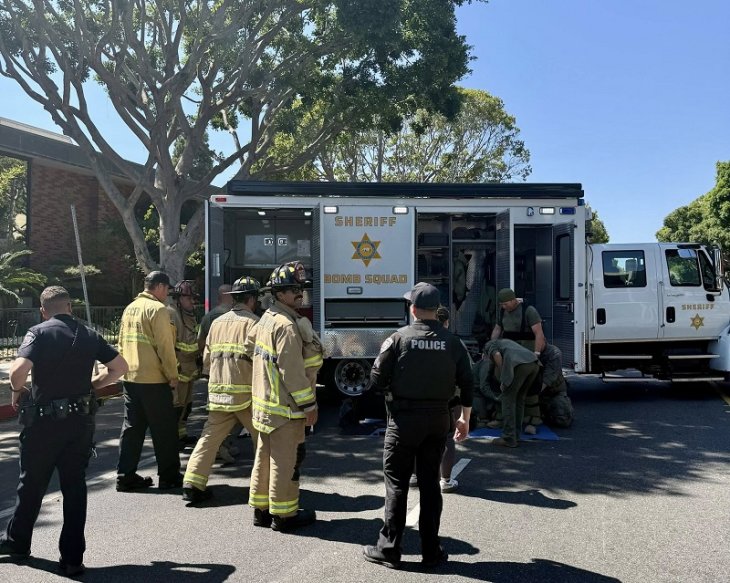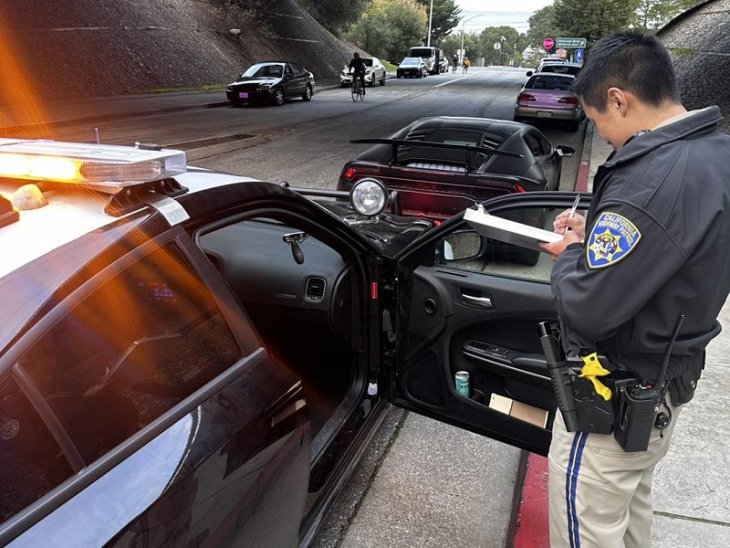The Board of Supervisors voted unanimously Wednesday to rethink the county’s policies on bail and pretrial release to create a fairer system for defendants both rich and poor.
Supervisor Sheila Kuehl recommended the review, saying the requirement to post money bail contributes to overcrowding, hasn’t been shown to reduce crime and disproportionately hurts low-income communities.
“Imagine waiting in jail month after month for your trial even if a judge has determined that you pose minimal threat to public safety,” Kuehl said. “In the process, you may lose your job, your home, even your family, all because you didn’t have the money to post bail.”
Nearly half of inmates in Los Angeles County jails are awaiting trial, according to sheriff’s department statistics.
Peter Eliasberg of the American Civil Liberties Union of Southern California said the system is inherently unfair.
“What is the justification for a system whereby (record producer) Phil Spector can put a million dollars down to buy his way to pretrial freedom when he’s charged with murder when thousands of people languish in the county jails charged with low-level offenses with no history of ever committing a violent crime?” Eliasberg asked. “Reform is long overdue.”
Sheriff Jim McDonnell joined civil rights advocates in supporting the analysis and said he’d like to see better risk-assessment tools for deciding who stays in custody and who can safely be released.
Kuehl’s motion, co-authored by Supervisor Hilda Solis, directs county lawyers to hire a consultant to find the best tools to make that assessment.
Most Los Angeles County judges tend to default to a bail schedule instead of releasing defendants on their own recognizance because they don’t have enough facts about a defendant to make an informed decision, according to a 2011 study by the Vera Institute of Justice.
A county task force will consider whether the county can move toward an approach in which judges start with a presumption that defendants should be released without bail, unless there is evidence of aggravating circumstances that would “endanger the safety of any other person or the community.”
That prompted objections from bail bondsmen.
Bail agent Anthony Adornetta told the board he agreed the system needs review, but accused the board of reaching conclusions before the evaluation even began.
“You’ve already decided what you want out of this,” Adornetta said, adding that if the county eliminated money bail, it would shift many bail-agent jobs from the private to the public sector. “You’re going to need a task force to get defendants to come to court. It’s a big job that bail agents do.”
Others argued that change is critical.
“Our system is, in effect, a debtor’s prison,” said Brian Williams, executive director of the county’s Civilian Oversight Commission that oversees the sheriff’s department.
A report is expected back in 120 days.






















